12th Scholar Objective Chemistry Helping Book-MDCAT Free PDF Read Online
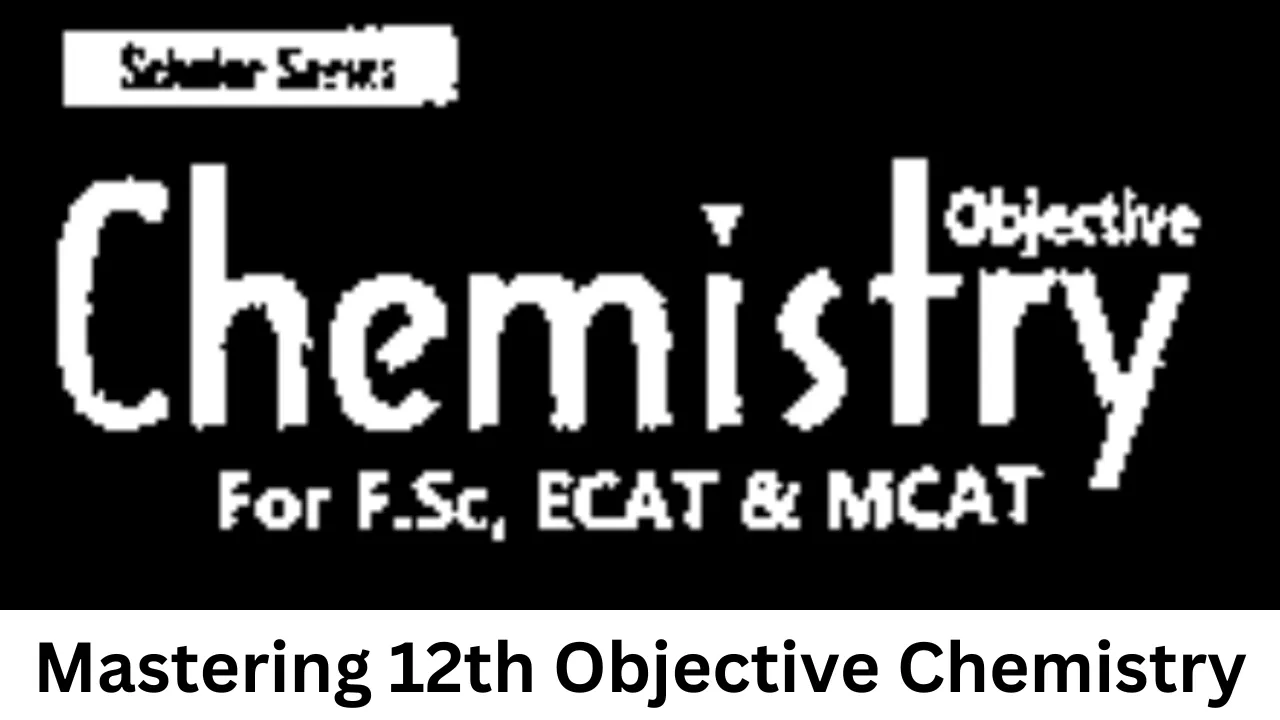
Mastering 12th Objective Chemistry: A Comprehensive Guide for Success
Introduction
Chemistry is a fascinating subject that forms the foundation of many scientific disciplines. For 12th-grade students, mastering objective chemistry is crucial for academic success and future career prospects. This comprehensive guide will provide you with the tools, strategies, and knowledge needed to excel in your 12th-grade objective chemistry exams.
Why This Guide Matters: Whether you’re aiming for top scores in competitive exams or simply want to deepen your understanding of chemistry, this guide will equip you with effective study techniques, key concepts, and practical tips to help you navigate the challenges of 12th-grade objective chemistry. By following this guide, you’ll be well-prepared to tackle even the most challenging chemistry questions with confidence.
Understanding the Scope of 12th Objective Chemistry
Before diving into specific topics, it’s essential to understand the overall scope of 12th-grade objective chemistry. This section provides an overview of what you can expect in your studies and exams.
Overview of the Syllabus and Key Topics
The 12th-grade chemistry syllabus typically covers four main branches:
- Physical Chemistry
- Organic Chemistry
- Inorganic Chemistry
- Analytical Chemistry
Each of these branches includes several key topics that you’ll need to master. Some of the most important topics include:
- Thermodynamics and chemical equilibrium
- Electrochemistry and redox reactions
- Organic compounds and their reactions
- Coordination chemistry and transition elements
- Chemical kinetics and surface chemistry
Importance of Objective Questions in Chemistry Exams
Objective questions play a crucial role in chemistry exams for several reasons:
- They allow for comprehensive coverage of the syllabus
- They test your understanding of core concepts and their applications
- They require quick thinking and efficient problem-solving skills
Mastering objective questions is essential for success in competitive exams and standardized tests.
Common Types of Objective Questions You’ll Encounter
In 12th-grade chemistry exams, you’re likely to encounter several types of objective questions:
- Multiple-choice questions (MCQs)
- True/False statements
- Match the following
- Fill in the blanks
- Assertion-Reason questions
Understanding the format and requirements of each question type will help you approach them more effectively during exams.
Also Check AMC Medical College Guide By Dogar Testmaster: Free PDF Read Online
Essential Study Strategies for 12th Objective Chemistry
Developing effective study strategies is crucial for success in 12th-grade objective chemistry. This section outlines some key approaches to help you make the most of your study time.
Time Management Techniques for Effective Studying
Proper time management is essential for covering the extensive 12th-grade chemistry syllabus. Consider the following techniques:
- Create a study schedule that allocates time for each topic based on its complexity and your familiarity with it
- Use the Pomodoro Technique for focused study sessions
- Set specific goals for each study session to maintain motivation and track progress
Active Learning Methods to Improve Retention
Passive reading is often ineffective for retaining complex chemistry concepts. Instead, try these active learning methods:
- Create mind maps or concept diagrams to visualize relationships between topics
- Teach concepts to others or participate in study groups
- Write summaries of key topics in your own words
Utilizing Practice Tests and Question Banks
Regular practice with objective questions is crucial for exam success. Here’s how to make the most of practice resources:
- Solve questions from previous years’ papers to familiarize yourself with exam patterns
- Use online question banks and chemistry practice tests to expand your exposure to different question types
- Time yourself while solving practice tests to improve your speed and accuracy
Key Concepts in Physical Chemistry
Physical chemistry forms a significant portion of the 12th-grade syllabus. This section covers some of the most important topics you’ll need to master.
Thermodynamics and Its Applications
Thermodynamics deals with energy changes in chemical reactions. Key concepts include:
- Laws of thermodynamics
- Enthalpy, entropy, and Gibbs free energy
- Spontaneity of reactions
Example: Understanding how to calculate ΔG (change in Gibbs free energy) can help you predict whether a reaction will occur spontaneously under given conditions.
Chemical Kinetics and Reaction Rates
Chemical kinetics focuses on the rates of chemical reactions and the factors that influence them. Important topics include:
- Rate laws and rate constants
- Factors affecting reaction rates (temperature, concentration, catalysts)
- Collision theory and activation energy
Electrochemistry and Redox Reactions
Electrochemistry deals with the relationship between electrical and chemical energy. Key areas to focus on include:
- Electrochemical cells and electrode potentials
- Nernst equation
- Electrolysis and Faraday’s laws
Tip: Practice drawing and interpreting electrochemical cell diagrams, as these are common in objective questions.
Mastering Organic Chemistry Objectives
Organic chemistry is often considered one of the most challenging aspects of 12th-grade chemistry. This section will help you navigate its complexities.
IUPAC Nomenclature and Structural Formulas
Mastering IUPAC nomenclature is crucial for success in organic chemistry. Focus on:
- Naming conventions for different classes of organic compounds
- Drawing structural formulas from given names and vice versa
- Identifying functional groups and their properties
Reaction Mechanisms and Organic Synthesis
Understanding reaction mechanisms is key to predicting the outcomes of organic reactions. Pay attention to:
- Common reaction types (substitution, elimination, addition)
- Electron-pushing mechanisms
- Stereochemistry and chirality
Polymers and Biomolecules
This section covers important biological and industrial applications of organic chemistry:
- Types of polymers and polymerization reactions
- Structure and functions of carbohydrates, proteins, and nucleic acids
- Practical applications of polymers in everyday life
Inorganic Chemistry: Core Principles and Applications
Inorganic chemistry covers a wide range of topics related to the behavior of non-carbon-based compounds. This section highlights key areas of focus.
Periodic Table Trends and Atomic Structure
A solid understanding of the periodic table is fundamental to inorganic chemistry. Key concepts include:
- Periodic trends in atomic and ionic radii, ionization energy, and electronegativity
- Electronic configurations and their relationship to chemical properties
- Quantum numbers and orbital theory
Coordination Compounds and Their Properties
Coordination compounds play a crucial role in many biological and industrial processes. Focus on:
- Nomenclature of coordination compounds
- Theories of bonding in coordination compounds (Valence Bond Theory, Crystal Field Theory)
- Isomerism in coordination compounds
Metallurgy and Extraction Processes
Understanding the principles of metallurgy is important for both theoretical knowledge and practical applications:
- Methods of concentration of ores
- Extraction processes for common metals
- Purification techniques for metals
Analytical Chemistry and Instrumental Methods
Analytical chemistry focuses on the separation, identification, and quantification of chemical substances. This section covers key analytical techniques.
Qualitative and Quantitative Analysis Techniques
Familiarize yourself with basic analytical methods:
- Gravimetric and volumetric analysis
- Acid-base titrations and redox titrations
- Error analysis and statistical treatment of data
Chromatography and Spectroscopy Basics
These instrumental methods are widely used in modern chemical analysis:
- Principles of chromatography (paper, thin-layer, column)
- Basic concepts of UV-visible and IR spectroscopy
- Applications of spectroscopic techniques in chemical analysis
Environmental Chemistry and Pollution Control
Understanding the chemical aspects of environmental issues is increasingly important:
- Air and water pollution: causes, effects, and control measures
- Green chemistry principles
- Waste management and recycling techniques
Problem-Solving Techniques for Objective Questions
Developing effective problem-solving strategies is crucial for success in objective chemistry exams. This section provides tips and techniques to improve your performance.
Identifying Question Patterns and Common Traps
Objective questions often follow certain patterns. Learn to recognize:
- Keywords that indicate the type of problem or concept being tested
- Common distractors in multiple-choice questions
- Tricks used in assertion-reason type questions
Step-by-Step Approach to Solving Numerical Problems
For numerical questions, follow these steps:
- Read the question carefully and identify the given information
- Determine which formula or concept applies to the problem
- Write down the relevant equations and substitute the given values
- Solve step-by-step, showing your work clearly
- Check your answer for reasonableness and correct units
Strategies for Tackling Multiple-Choice Questions
When faced with MCQs:
- Eliminate obviously incorrect options first
- Look for clues in the question stem and other answer choices
- If unsure, make an educated guess rather than leaving the question unanswered
Exam Preparation and Performance Tips
Proper preparation and exam-day strategies can significantly impact your performance. This section provides practical advice for success.
Creating an Effective Study Schedule
Develop a study plan that works for you:
- Allocate more time to challenging topics
- Include regular review sessions to reinforce learning
- Balance chemistry study with other subjects and activities
Managing Exam Stress and Anxiety
Staying calm and focused during exams is crucial:
- Practice relaxation techniques like deep breathing or meditation
- Maintain a healthy lifestyle with proper sleep, diet, and exercise
- Visualize success and maintain a positive attitude
Time Management During the Exam
Effective time management can make a big difference in your exam performance:
- Read through the entire paper before starting
- Allocate time for each section based on marks and your strengths
- Leave time at the end for review and double-checking answers
Leveraging Technology for Chemistry Learning
Modern technology offers numerous tools to enhance your chemistry learning experience. This section explores some useful resources.
Online Resources and Educational Platforms
Take advantage of digital learning platforms.
- Chemistry LibreTexts: Comprehensive online chemistry textbooks and resources
- Royal Society of Chemistry’s Learn Chemistry: Interactive resources and experiments
Chemistry Simulation Software and Virtual Labs
Explore chemistry concepts through virtual experiments:
- PhET Interactive Simulations: Free, interactive chemistry simulations
- ChemCollective Virtual Labs: Online chemistry lab simulations
Mobile Apps for On-the-Go Learning
Use your smartphone for quick study sessions:
- Chemistry by WAGmob: Comprehensive chemistry study app
- Periodic Table 2021 (Chemistry): Interactive periodic table with detailed element information
- Socratic by Google: AI-powered app that helps solve chemistry problems
Beyond the Exam: Practical Applications of Chemistry
Understanding the real-world applications of chemistry can enhance your motivation and provide context for your studies.
Career Opportunities in Chemistry and Related Fields
Chemistry opens doors to various career paths:
- Research and development in pharmaceuticals, materials science, or environmental science
- Chemical engineering and industrial chemistry
- Forensic science and analytical chemistry
- Teaching and academia
Real-World Applications of Chemistry Concepts
Recognize how chemistry impacts everyday life:
- Drug design and development in pharmaceuticals
- Materials science in technology and consumer products
- Environmental monitoring and pollution control
- Food science and nutrition
Continuing Your Chemistry Education
Consider options for further study in chemistry:
- Undergraduate degree programs in chemistry or related fields
- Specializations in areas like biochemistry, medicinal chemistry, or nanotechnology
- Research opportunities and internships to gain practical experience
Conclusion
Mastering 12th-grade objective chemistry requires dedication, effective study strategies, and a deep understanding of core concepts. By following the guidelines and techniques outlined in this comprehensive guide, you’ll be well-equipped to tackle even the most challenging chemistry questions with confidence.
Remember, success in chemistry is not just about memorizing facts and formulas. It’s about developing a genuine understanding of the subject and its applications in the real world. As you prepare for your exams, take time to appreciate the beauty and complexity of the chemical world around you.
Key Takeaways:
- Develop a structured study plan that covers all aspects of the 12th-grade chemistry syllabus
- Utilize active learning techniques and regular practice with objective questions
- Focus on understanding core concepts and their applications, rather than mere memorization
- Take advantage of online resources, simulations, and apps to enhance your learning
- Manage your time effectively during exam preparation and on the exam day
- Stay curious about the practical applications of chemistry in the real world
Call to Action:
We encourage you to put these strategies into practice and share your experiences in the comments below. What challenges have you faced in studying 12th-grade objective chemistry? What tips or resources have you found particularly helpful? Your insights could be invaluable to fellow students on their chemistry learning journey.
Remember, mastering chemistry is a process, and every step you take brings you closer to your goals. Keep experimenting, keep questioning, and keep learning. The world of chemistry awaits your discoveries!
Read Online 12th Scholar Objective Chemistry Helping Book-MDCAT Free PDF Read Online


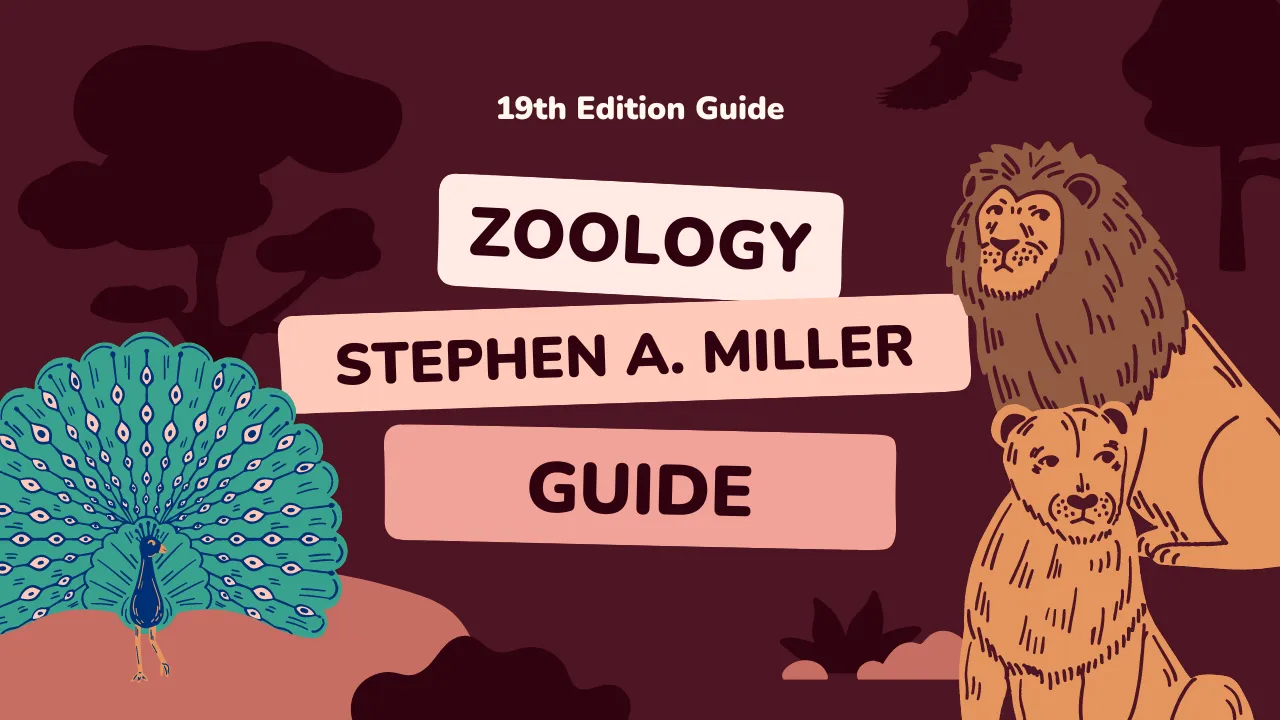

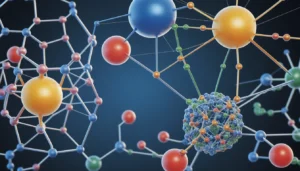
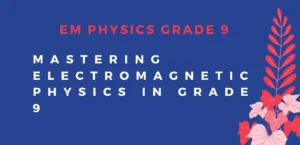






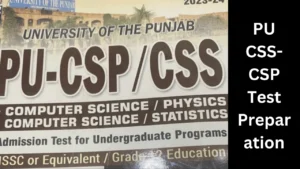
1 comment